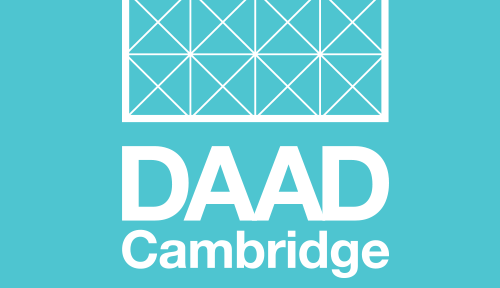
CIP co-hosts the fifth event in the series Religion, ethnicity, and politics in German, Dutch and Anglo-American contexts: nationalism and the future of democracy. This participatory research workshop is organised jointly by Sophia Johnson (Faculty of Divinity, Cambridge), Dr Marietta van der Tol (Blavatnik School of Government, Oxford), and Stephen Dolan.
Background
The post-Napoleonic rise of nations in Western Europe is often seen as the inevitable course of European history: with French, German, and Dutch “nations” emerging out of the Enlightenment, failed wars of religion, as well as the dwindling dominance of particular churches. Pathways towards nationhood in Central- and Eastern Europe are much more concerned with empire, oppression, and independence, with much of the region held in the grip of the Russian and Habsburg empires throughout the nineteenth century. Moreover, the historical ethno-linguistic diversity of the region made the development of nations in uncontested territories much harder than in the West. Beyond well-known distinctions between civic and ethnic nationhood are much harder questions about the contestation of space and belonging, the self-understanding of younger nations in the context of Europe, as well as the need for a deeper understanding of the nature of nationalism in contemporary Europe.
This workshop discusses the changing faces of nationalism in Central- and Eastern Europe, seeking to understand the particular nexus of ethnicity and religion in relation to claims to space:
- How did national self-consciousness take shape under the shadows of empire?
- What was the role of religion in the development of national self-consciousness?
- What was the role of ecclesiastical transnational connections in this development; both with respect to support and criticism of ideas of nationhood?
- What was the impact of WWI and the dissolution of old European empires on the acceleration of state building after 1918?
- How were borders negotiated between partially overlapping nations across the region?
- What are the politics of memory associated with this period of acceleration in contemporary right-wing politics, especially in relation to Russia and the European Union?
- How can scholars engage deliberate uses and misuses of historic accounts of (Christian) nationhood for political purposes?
Participation
The workshop will hear contributions from scholars in the humanities, including the disciplines of theology, history, politics, literature, linguistics. Presentations relating to Poland, Hungary, Ukraine, Romania, and Serbia are especially welcomed.
Those wishing to participate are asked to propose a 10-minute presentation of new or existing work. Expressions of interest (and requested travel support) can be submitted to marietta.vandertol@bsg.ox.ac.uk until 31 October 2023.
Generous funding is made available by the DAAD-Cambridge Hub for German Studies as part of the workshop grant ‘Religion, ethnicity, and politics in German, Dutch and Anglo-American contexts: nationalism and the future of democracy’ at the University of Cambridge 2022–2024.
